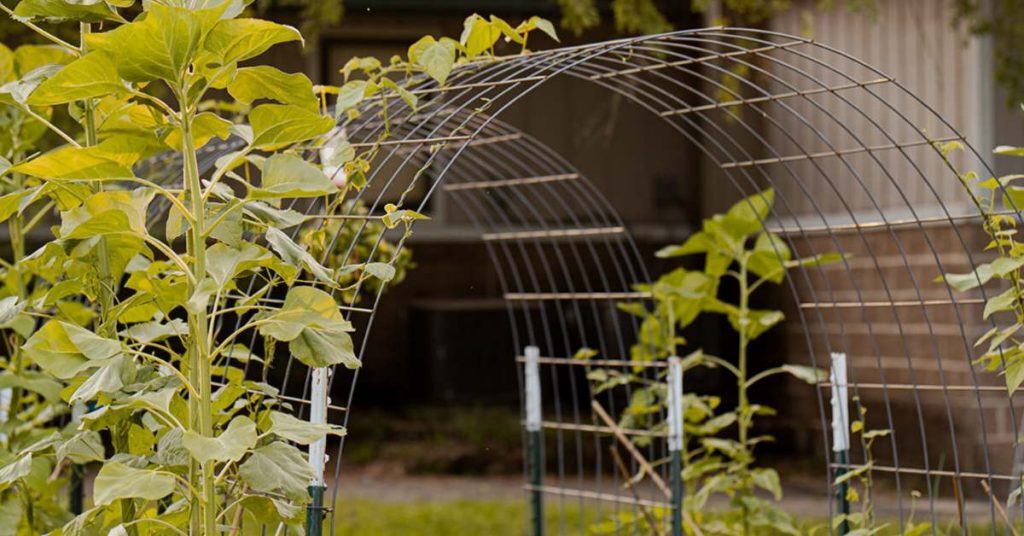Sponsored
Parenting is one of the most rewarding contributions we make in this life.
And it’s no secret that military life is a source of stress for youth, but environmental factors like adoption, foster care, or deployment early in the first few years of life can put particular stress on developing minds. It hits some kids harder than others.
If you’re exhausted with your child, and find that they’re manipulative, volatile, or overly withdrawn (more so than what you can expect from typical teenage behavior), don’t be too quick to blow it off or blame yourself.
The mental health crisis is alive and well in our youth today, and that’s why Youth Home exists.
What Is Youth Home?
Youth Home is a residential treatment center for teens, serving Military Families nationwide.
We’ve been around since 1966, and we’re not just a facility; we’re a team dedicated to helping teens ages 12-17 who are dealing with some pretty tough stuff. Things like:
- Severe Behavioral Issues,
- Complex Mental Health Disorders,
- and Attachment Disorders.
A Story You May Relate to:
“Our granddaughter has been a resident at Youth Home for the past eight months and sadly this was not her first stay in a residential treatment facility.
Between her and her sister, we have interacted with 6 different facilities in 3 different states. Youth Home by far has been the most professionally run and dedicated facility we’ve worked with.
As a health care provider myself, I have high expectations of what professional medical care standards look like and your facility and staff have not only met but easily surpassed those standards.
The structure that Youth Home provides the residents is phenomenal. The children are given expectations and the proper encouragement to meet those expectations. They are set up for success at every turn. We enjoy seeing the children interacting with each other, especially outdoors when the weather permits. They seem to work together as a team and draw on each other’s strengths showing mutual respect for not only the staff but their peers as well.
It is impressive to us that what Youth Home advertises is what they deliver. Our granddaughter’s diagnosis requires specific treatment modalities and Youth Home has been up front from day one about what they can and cannot do. Not only do they treat the patient but they focus their care on healing the family unit as well. We’ve been given very valuable resources and referrals to ensure long lasting success well after discharge.”
- Capt, U.S. Navy, Ret
Why Is Youth Home a Good Option?
- We provide a 1:4 Staff to Client ratio with 24-Hour supervision. That’s higher than the national requirement and average coverage, just to make sure your child always has the support they need.
- We provide an average of 4 therapy sessions per week (in family, group, and individual sessions), as well as daily recreational therapy sessions and activities.
- We involve each child and their caregivers from the very beginning. Our hope is not to “fix” your child and then send them home. We give the child and parents both the tools they need to reach a safe level of healing in our care, and then continue improving once they get home.
- We offer a full-time, on campus educational program with support for your child to continue their education with hands-on support.
- We’re also proud to say that we accept TRICARE® East and West, and provide travel assistance for families at admission and discharge, as well as for intermittent family visits.
Do you have a deployed caregiver? No worries. We work with family members that are available, and offer telehealth for those who aren’t.
If this sounds like some thing your child would benefit from, don’t wait to learn more and apply at: https://www.youthhome.org/military-spouse-sep-blog-post
What You Can Do to Help Your Child Now
It’s hard to see your child struggle, and it’s natural to want to panic, feel discouraged, or let down.
The best thing you can do if you have a child in need of more intensive care is to ensure you’ve done what you can to help them get admitted to an appropriate level of treatment:
- Start with Outpatient Therapy. To be accepted into a Residential Treatment program, a child must have tried outpatient therapy, school-based services, day treatment, other residential placements, or had recent visits to an acute care facility.
Outpatient is a great place to start if you haven’t tried a professional service yet. The therapist will be able to provide a letter of recommendation for the child to receive a more intensive treatment, but will also be able to provide some guidance and support for them intermittently in the meantime. - Be Conscious of Sleep and Diet. Mental health’s best friend is quality rest and a quality diet. Consider working with a health care provider to investigate ways to improve your child’s health at home.
With mental health, we truly believe that there’s always another option. We really hope you find the best fit for your child, and that you won’t allow yourself to become discouraged until you do.


